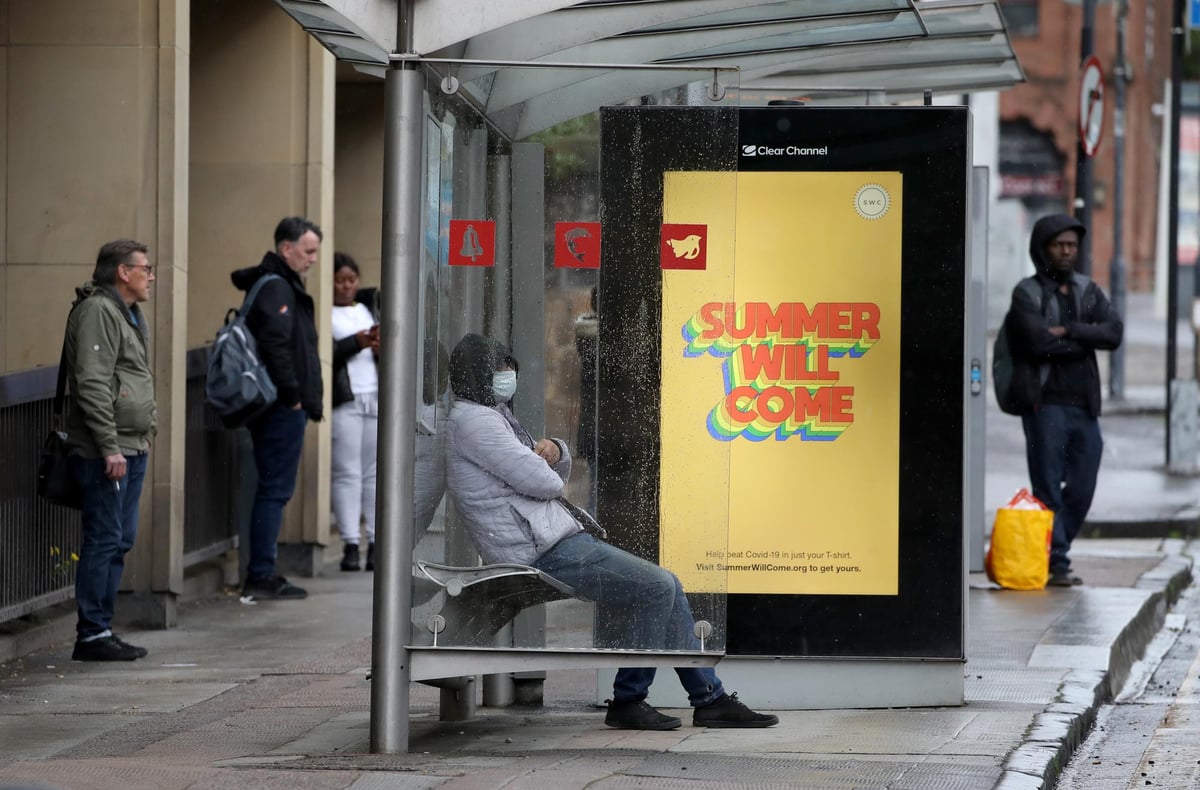By Callum McCormack
Copyright glasgowworld

The damning figures come from the Strathclyde Regional Bus Strategy (SRBS) which sets out a future for the bus network in the city. The report also demonstrates a high level of support for bus franchising, with 83% of respondents said that they support its implementation in the city. The report also detailaied seven key themes setting out what the SRBS aims to achieve, alongside policies and measures to support each theme. The vast majority of repondents indicated that each of the themes were considered very important. The report comes ahead of a meeting on Friday (19 September), where the findings of the SRBS will be put forward to the SPT Partnership for approval. Work commenced on the SRBS in 2023. A 12-week consultation between March and May 2025 saw individuals and organisations provide feedback on draft copies of the report and to understand the general views on the current bus network. More than 5,200 individuals and organisations took part, with 5,135 responses coming from individuals. One of the reports conclusions states: “Feedback from questionnaire respondents on bus franchising finds that 83% of respondents are in support of SPT taking forward bus franchising, while 5% oppose. “Stakeholder support for franchising was due to a view it would provide stronger public control and oversight, while others felt it may improve integration and lead to bus travel improvements, particularly in rural areas. “However there are concerns about the costs involved and uncertainty over funding sources. Others felt that franchising without parallel major infrastructure improvements may be insufficient.” Respondents also reported criticisms of the strategy and its action plan with funding, timelines and a lack of detail were common concerns. It states: “Stakeholders consider the SRBS action plan an essential foundation, but some perceive it as lacking detail, urgent timelines, and sufficient ambition, especially regarding public ownership and integrated system reform. “There are calls for clearer timelines (distinguishing short/medium/long-term priorities), greater clarity on what constitutes a ‘minimum level of service,’ and explicit commitment to equity across geographies, particularly rural areas.” Under bus franchising, a local authority or public transport body awards contracts to exclusive private companies to operate bus routes or services in a specific area. The ‘franchising authority’ retains control of aspects such as routes, fares and timetables. It can also set incentives for punctuality and other performance measures.



